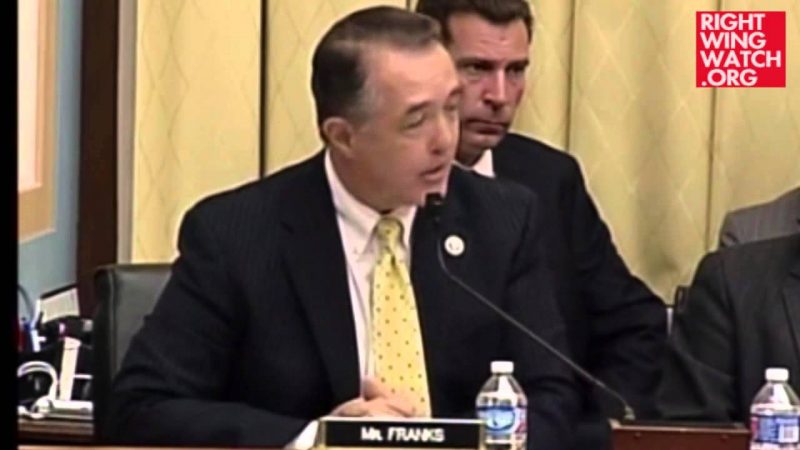As we explored in a report on the fetal “personhood” movement a few years ago, the effort to outlaw all abortion (and possibly some forms of birth control) by giving full constitutional rights to zygotes could result in any number of unintended consequences.
In a column yesterday in the Montgomery Advertiser, Vanzetta Penn McPherson, a retired federal magistrate judge, poked holes in a recent Alabama personhood proposal that died in the state House last week.
If embryos and fetuses are declared to be legal persons, she asks, would they be entitled to congressional representation? To welfare benefits? To get their drivers’ license nine months early?
1. Since the date of each conception is uncertain and the government is the custodian of birth records: (a) Should the government assign a date of conception to determine the prenatal child’s true birthdate? (b) At delivery, will the average prenatal child already be nine months old? (c) Should parents count prenatal children on census and employment forms? (d) Should the legislature count prenatal children in the redistricting process?
2. For families: (a) Since DNA tests can prove paternity, should a father’s child support obligation begin at conception, when life begins? (b) Would a pregnant woman who is dependent on welfare be entitled to government benefits for her embryo? (c) Would a pregnant mother who is dependent on welfare be entitled to additional government benefits for her embryo?
3. Rights and Responsibilities: (a) Would a fetus, who is also a person, be entitled to an equal share of a parent’s or grandparent’s bequest to “children” or “grandchildren”? (b)Would the presence of a fetus, who is entitled to equal protection of the law, prevent the imposition of a lawful prison sentence upon a pregnant woman? (c) Would the presence of a fetus, who is entitled to equal protection of the law, cause the release of a female inmate who became pregnant? (d) To secure entitlement to rights that are triggered by age, should we award driver’s licenses (at 16), permit persons to vote (at 18), and permit persons to drink alcohol (at 21), based on “birth at conception?” (e) If so, will the presumption of “birth at conception” apply only to prenatal children “living” at the time the amendment passes? (f) Or will the presumption of “birth at conception” also apply to everyone, since everyone was once an embryo, thus allowing adults to advance their entitlement to retirement, and other state benefits? (g) When a prenatal child dies of natural causes before delivery, may its parents collect the proceeds of a life insurance policy they secured shortly after conception?
Even aside from the clearly unconstitutional attack on Roe v. Wade, these are issues that the courts would have to work out if “personhood” were to become law.
At least two states besides Alabama are currently considering “personhood” measures.







